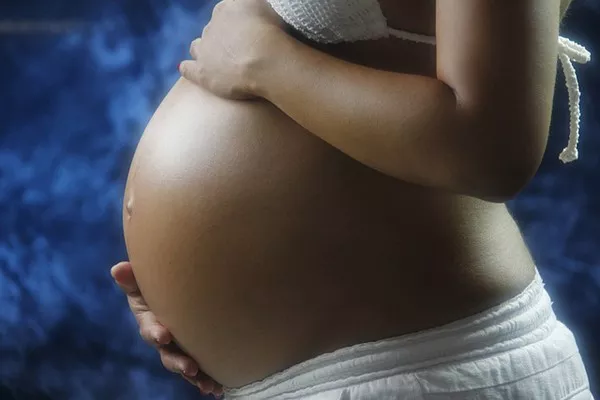A recent study published in JAMA Psychiatry indicates that the use of benzodiazepines during pregnancy is associated with an elevated risk of miscarriage. Conducted by Lin-Chieh Meng and a team from the National Taiwan University in Taipei, the nationwide, population-based case-time-control study aimed to quantify the miscarriage risk linked to benzodiazepine use during pregnancy.
The study encompassed 3,067,122 pregnancies among 1,957,601 women, including pregnancies resulting in miscarriage between 2004 and 2018. Utilizing a 1:1 ratio, exposure time-trend control individuals were matched with pregnancies in the case group using a disease risk score. Among these pregnancies, 4.4 percent resulted in miscarriage.
Upon analysis, the researchers observed a significant increase in the risk of miscarriage associated with the use of benzodiazepines during pregnancy, with an odds ratio of 1.69. The consistency of these results was maintained across various sensitivity analyses, accounting for different time windows and misclassification.
Furthermore, the study highlighted an elevated risk for miscarriage associated with commonly used benzodiazepines. Case-time-control odds ratios ranged from 1.39 to 2.52 for alprazolam and fludiazepam, respectively.
The authors of the study emphasize the need for caution in the use of benzodiazepines during early pregnancy. They suggest that these findings provide valuable evidence to guide clinicians in making informed decisions regarding the treatment of psychiatric and sleep disorders in pregnant women.

